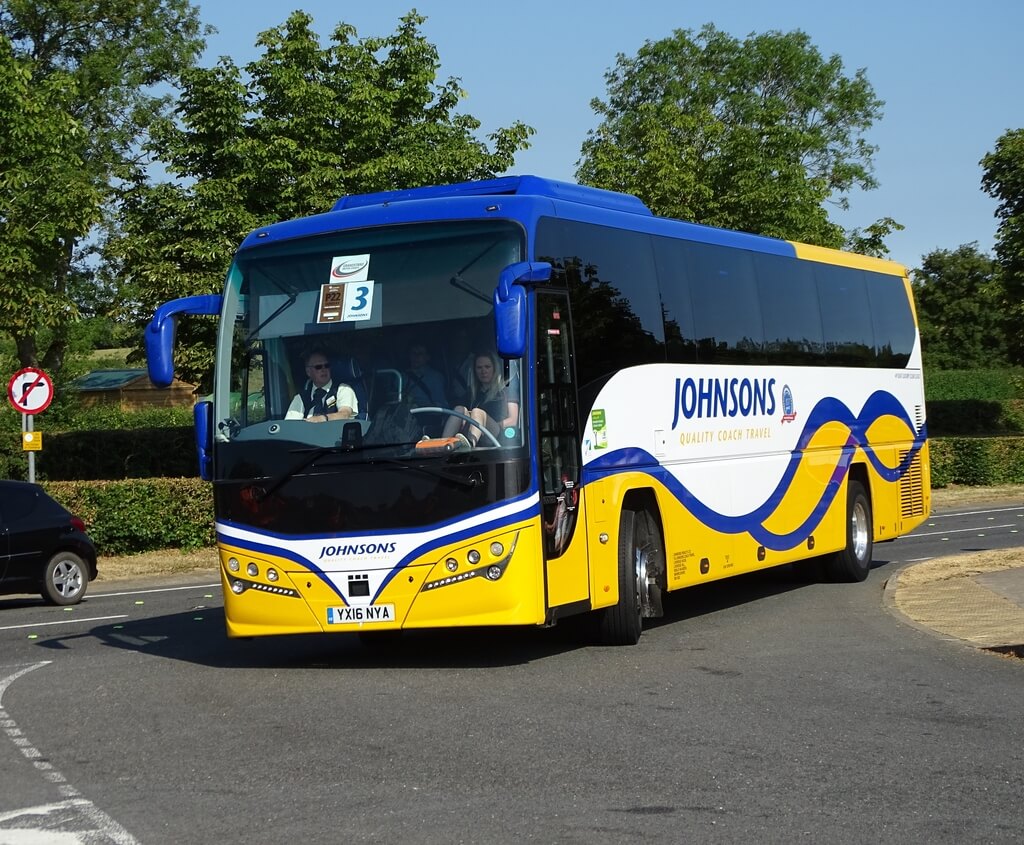Commercial Director of Johnsons Coach & Bus Travel, John Johnson, has given his thoughts on recent developments with industry trade bodies
In an open letter to the industry, John Johnson, Commercial Director of Johnsons of Henley-in-Arden, has spoken out to highlight the benefits of a single, unified voice for the industry and caution against fragmentation as a number of new bodies emerge to represent the sector, as well as remind operators that the CPT has played an important role despite being stuck ‘between a rock and a hard place’:

“I’ve been a coach operator for 42 years and we’ve been members of CPT for about 35 of these,” he said. “I’ve been involved both with regional committees and the Coach Commission for many years and have been Chairman of both. Suffice to say that I know enough of the challenges of trying to influence decision makers to convince me that the one thing our industry has always needed – being made up of a huge range of small, diverse and usually family businesses – is that of a single, strong voice and relationship with government.
“Therefore the recent announcements that the RHA is introducing a specialist RHA Coaches section within its organisation and that the LTCOA is expanding to become the UKCOA gives me great cause for concern.
“This in my view is the worst possible time for fragmentation of the voice of the coach sector to occur! Just at the time when we really do need to speak with one voice to government, the last thing we all need is for three organisations to be competing to be heard and quite possibly putting forward different demands!
“Division and fragmentation will only make our industry weaker, when it needs to be stronger. Division means split memberships, split loyalties – for operators and importantly for suppliers; split resources, split expertise and split funding!
“Comments in the trade press already illustrate what may occur. The UKCOA says: ‘UKCOA will also plough its own furrow. It will independently lobby on the industry’s behalf and it will raise wider awareness of coaches.’ And: ‘We will not be kicking lumps out of each other. We will get on. But when we feel that our position differs from that of other bodies, we will say so.’
“Another example of dilution of expertise and fragmentation is being created by the RHA – which is ‘hoping to attract new coach operator members from 1 April, which will allow it time to develop its ideas and put a specialist coach team in place.’
“I’ve already mentioned that CPT is between a rock and hard place, and like any organisation, cannot please all of its members all of the time. And while CPT has its faults, it is not perfect by any means. It has had a challenging time with re-organisation in the last couple of years, however, it does have the close relations and influence with government that we all need.
“Operators need to play their part too. The industry has for years been extremely poor at making any time to support CPT requests for feedback; on white papers, on operational situations and especially on statistics. This makes it even more difficult for CPT to make a strong case for our industry; instead it has had to rely on a small number of operators, who are thankfully happy to commit some time.
“Some of this up-coming fragmentation may also be due to coach operator CPT members having the view that their organisation is dominated by bus operations, leaving coach operators very much as the poor relation. They are entitled to this view although I disagree with it. However, the same concern will surely be levied at the RHA, being naturally and strongly biased to the HGV industry… Frying pans and fires come to mind!
“Finally, our industry and should be combining its strength, expertise and funding in the future, not fragmenting. We need one strong voice for the future that has funding, resource, expertise and membership strength. We’ll certainly need it in the post-Covid era!”

